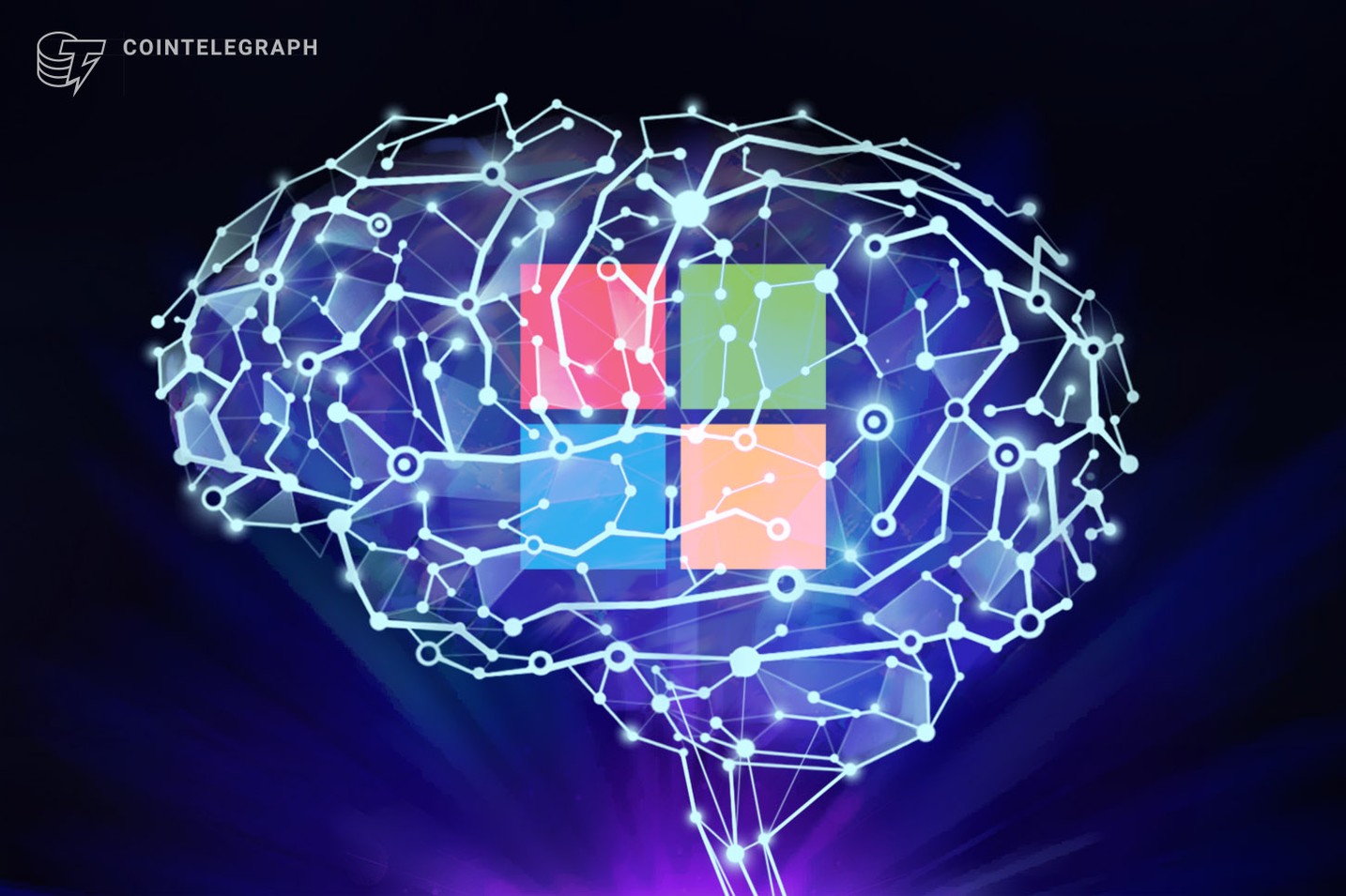Microsoft says its latest “closed loop” water recycling data center design would save 125 million liters of water annually per facility.

Microsoft Corp. has unveiled a new data center design that consumes no water to cool the chips and servers at a facility, which could save millions of liters of water amid scrutiny over the climate impact of artificial intelligence.
First rolled out in August, the new data center design “consumes zero water for cooling” by recycling it through a “closed loop” system that circulates water between servers and “chillers” that remove heat without the need to be topped up, Microsoft said in a Dec. 9 post.
“By adopting chip-level cooling solutions, we can deliver precise temperature control without water evaporation,” the company said.
Water would still be used for onsite necessities like toilets and kitchens, it added — but the design “will avoid the need for more than 125 million liters of water per year per data center.”
A diagram detailing Microsoft’s closed-loop water recycling system in a data center. Source: Microsoft
Environmental groups and academics have warned that the data centers backing the computing power needed for popular AI models, crypto mining and online services like email use a significant amount of power and water.
The Washington Post reported in September that OpenAI’s ChatGPT consumes around half a liter of water to write 100 words, while a study in late 2023 found that the water needed to cool the mining rigs for a single Bitcoin (BTC) transaction could fill a regular household pool.
Related: Google unveils new quantum computing chip: Clock ticking for crypto encryption?
Microsoft said its current data centers will stay using air and water-cooled tech, but its new projects in Arizona and Wisconsin will pilot the new system in 2026.
It added that in August, it started to use its new “zero-water evaporation” system as the primary cooling system for its new data centers that will start to come online in late 2027.
Microsoft’s earnings for the quarter ended Sept. 30 were boosted by a 33% year-on-year growth in its AI-powered Azure business but it also signaled it would spend big on AI over the next quarter with no promise of a quick return on investment.
Magazine: AI may already use more power than Bitcoin — and it threatens Bitcoin mining

 1 week ago
9
1 week ago
9








 English (US) ·
English (US) ·